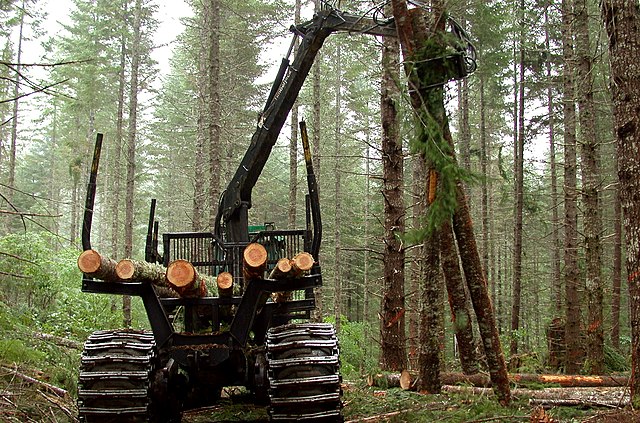In macroeconomics, an industry is a branch of an economy that produces a closely related set of raw materials, goods, or services. For example, one might refer to the wood industry or to the insurance industry.
Cement factories, part of the manufacturing industry, produce product for the construction industry (also known as the building industry). This factory was in Malmö, Sweden.
Burj al Arab as a symbol for the hospitality industry
An image of the motor industry (automotive industry), a supplier to the transport industry. Economists may regard the manufacture of vehicles as a foundational industry and as a bellwether industry.
The wood industry or timber industry is the industry concerned with forestry, logging, timber trade, and the production of primary forest products and wood products and secondary products like wood pulp for the pulp and paper industry. Some of the largest producers are also among the biggest owners of timberland. The wood industry has historically been and continues to be an important sector in many economies.
A massive log raft headed down the Columbia River in 1902, containing an entire year's worth of logs from one timber camp.
Logging in Oregon
A sawmill with floating logs in Kotka, Finland
Forest Log Piles







